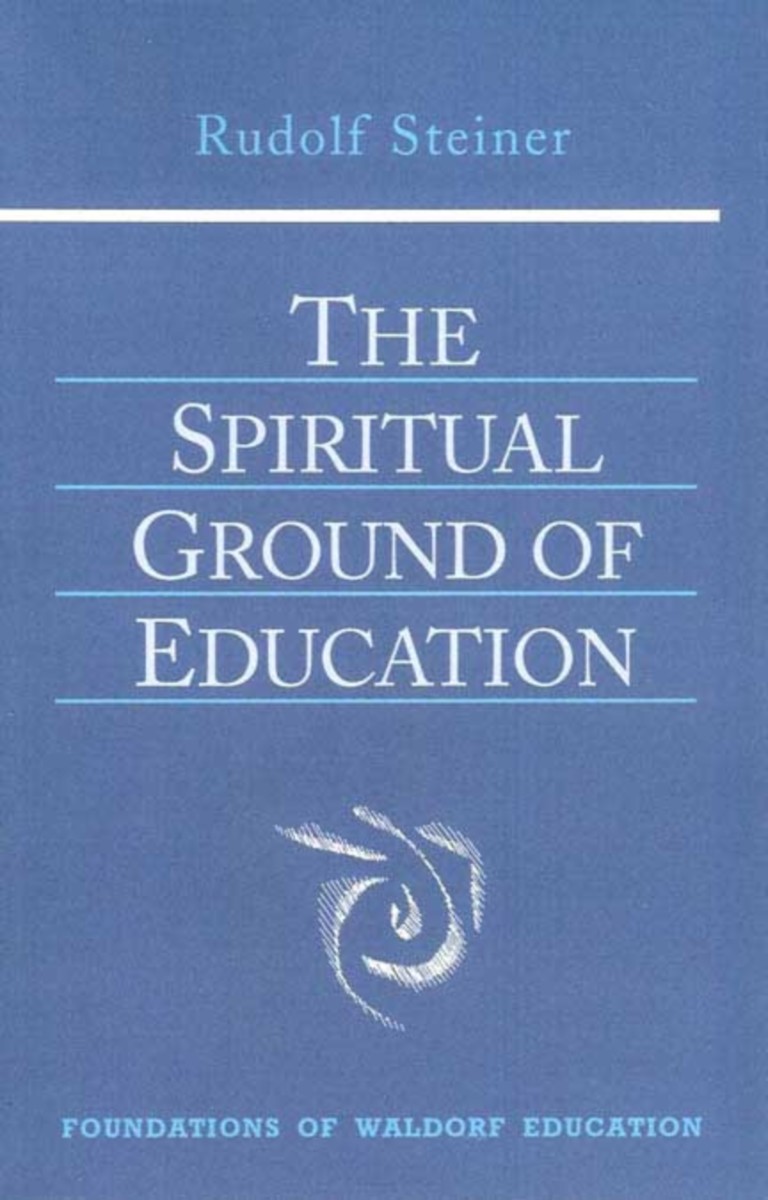- Publisher
SteinerBooks - Published
9th March 2004 - ISBN 9780880105132
- Language English
- Pages 162 pp.
- Size 5.5" x 8.5"
9 lectures, Oxford, England, August 16–29, 1922 (CW 305)
These lectures follow from those presented in Soul Economy. Given during a conference on spiritual values in education and life and attended by many prominent people of the time, Steiner’s Oxford lectures present the principles of Waldorf education at the highest cultural level.
The Manchester Guardian reported: “Dr. Steiner’s lectures...brought to us in a very vivid way an ideal of humanity in education. He spoke to us about teachers who, freely and unitedly, unrestricted by external prescription, develop their educational methods exclusively out of a thorough knowledge of human nature. He spoke to us about a kind of knowledge needed by the teacher, a knowledge of the being of man and the world, which is at the same time scientific and also penetrates into the most intimate inner life, which is intuitive and artistic.”
These lectures form one of the best introductions to Waldorf education.
German source: Die geistig-seelischen Grundkräfte der Erziehungskunst. Spirituelle Werte in Erziehung und sozialem Leben (GA 305).
C O N T E N T S:
Introduction by Christopher Bamford
1. The Spiritual Ground of Education
2. The Perception of Soul and Spirit
3. The Spiritual Ground of Physical Education
4. The Art of Educating Young Children
5. The Art of Educating Older Boys and Girls
6. Teachers As Artists in Education
7. The Organization of the Waldorf School
8. Moral Teaching & Eurythmy in the Waldorf School
9. Teachers in the Waldorf School
Rudolf Steiner
Rudolf Steiner (b. Rudolf Joseph Lorenz Steiner, 1861–1925) was born in the small village of Kraljevec, Austro-Hungarian Empire (now in Croatia), where he grew up. As a young man, he lived in Weimar and Berlin, where he became a well-published scientific, literary, and philosophical scholar, known especially for his work with Goethe’s scientific writings. At the beginning of the twentieth century, he began to develop his early philosophical principles into an approach to systematic research into psychological and spiritual phenomena. Formally beginning his spiritual teaching career under the auspices of the Theosophical Society, Steiner came to use the term Anthroposophy (and spiritual science) for his philosophy, spiritual research, and findings. The influence of Steiner’s multifaceted genius has led to innovative and holistic approaches in medicine, various therapies, philosophy, religious renewal, Waldorf education, education for special needs, threefold economics, biodynamic agriculture, Goethean science, architecture, and the arts of drama, speech, and eurythmy. In 1924, Rudolf Steiner founded the General Anthroposophical Society, which today has branches throughout the world. He died in Dornach, Switzerland.


